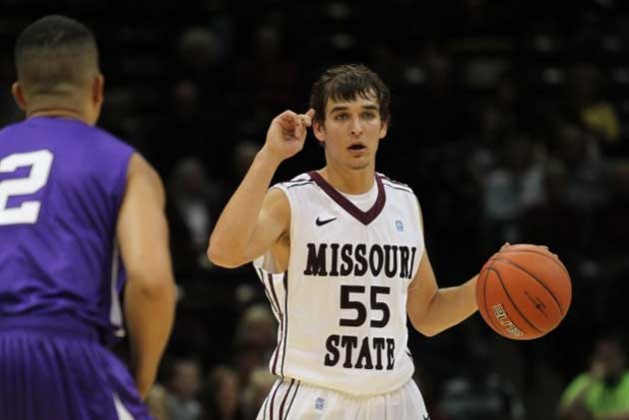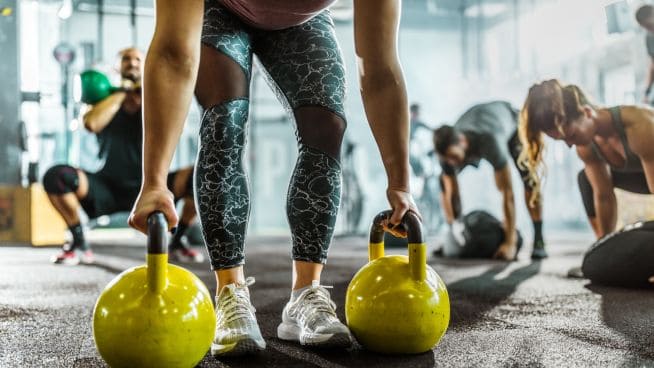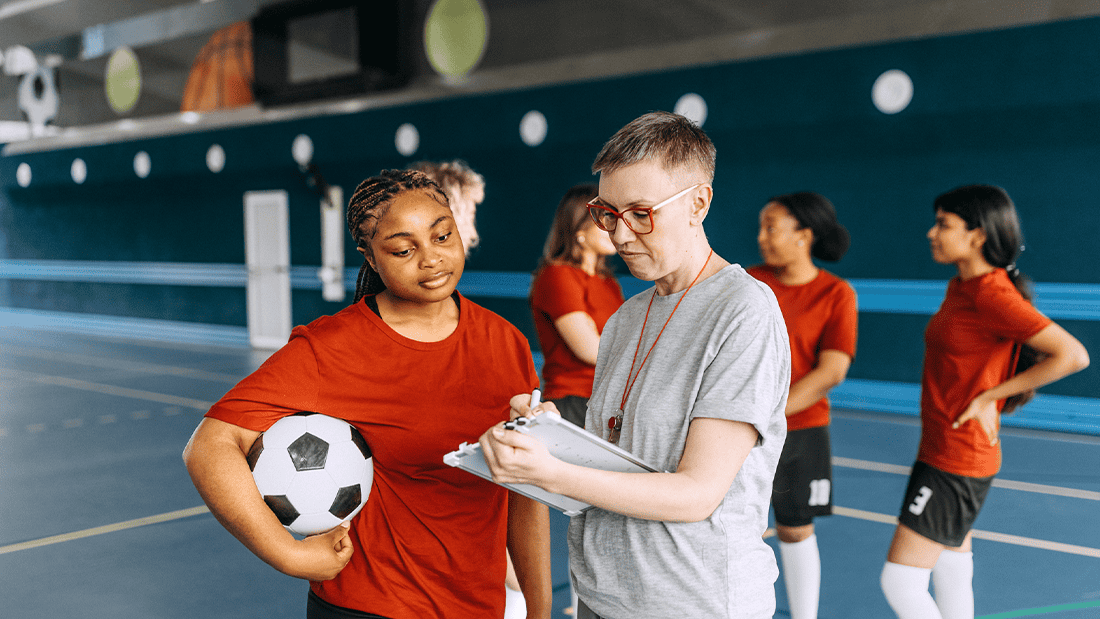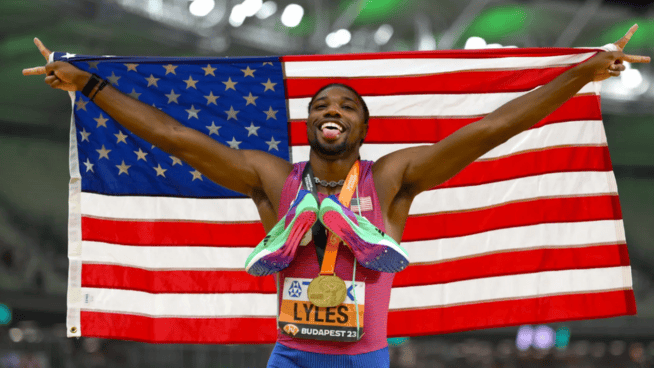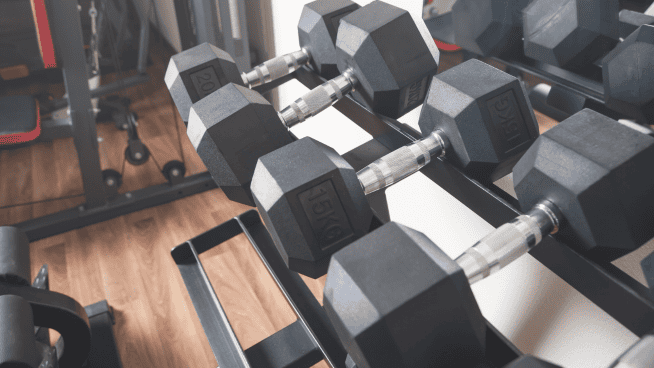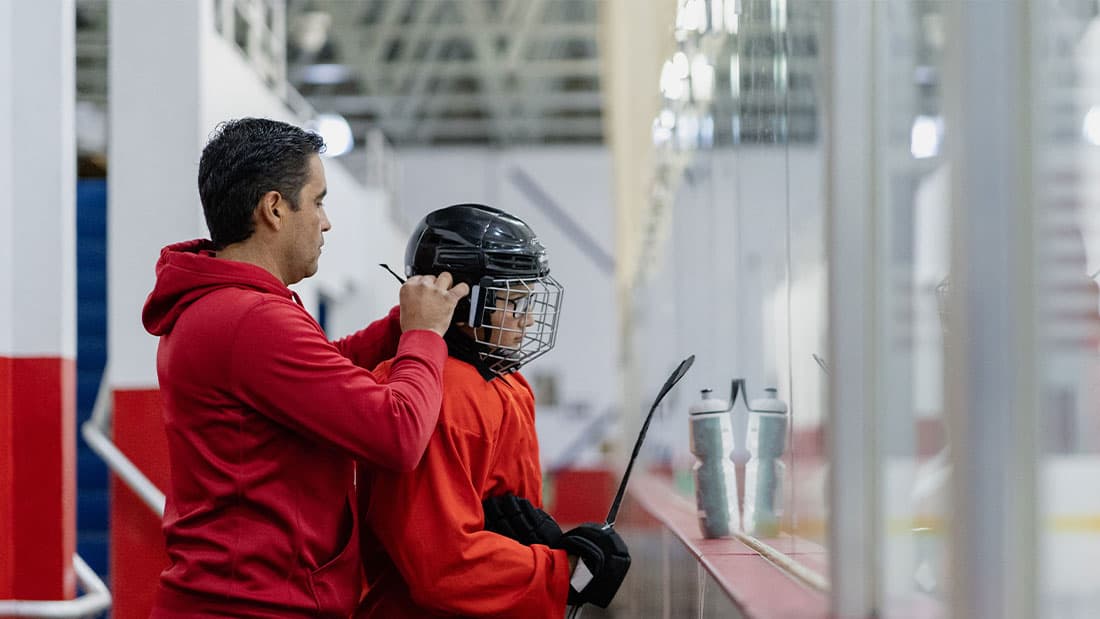Building the Perfect Point Guard
The point guard, in my opinion, is the most important position on the floor. The point guard is the conductor of the basketball symphony. S/He must know all the music and everyone’s part in making it. And s/he must be able to relay to the players what the coach wants done.
That said, I’ve put together a list of some skills and qualities that every good point guard should have.
Four C’s of the Point Guard
Communication
In order to effectively communicate plays and command his/her teammates’ attention, the PG must have a good knowledge of the game and what each play calls for against any particular defense (man or zone). The point guard must also know game situation and what his/her players can and cannot do. Calling the plays is important, but the PG also has to make sure that everyone is in position and has the proper spacing to execute plays correctly. The coach relies on the point guard to make sure that what s/he wants done offensively and defensively gets done out on the floor.
Court Vision
A good point guard is a great passer, setting up his/her teammates by getting them the ball in the proper scoring areas. S/He knows when (and when not) to pass, and to whom. For instance, s/he might avoid passing to the center on a fast break, anticipating that it might be too far out of the center’s comfort zone to score the ball.
A great PG should also be able lure the defense in one direction and pass in another to get a score for a teammate. S/He always keeps his/her head up and eyes forward—not on the ball—while dribbling, so s/he can see what the defense is doing and not miss a scoring opportunity.
Control
Being a good ball handler is also important. A PG must be able to handle the ball under pressure and beat defenders off the dribble. S/He can handle the roller coaster ups and downs during a game, and stand up and say, “I’ll make sure we get back on track, coach.”
When the defensive team presses and tries to disrupt the PG, s/he must be calm and play under control in order to settle things down. On the other hand, if the coach wants to put pressure on the defense by pushing the ball up the court, it’s her/his job make it work.
Creativity
Normally, a great PG has supreme confidence and control—so when called upon to make a play, s/he is capable of getting the job done. S/He can attack a gap in a zone defense and get into the paint for a lay-up, floater or pull-up jump shot, or a pass to a post player in the paint. When a play gets busted, s/he can improvise in the moment.
A PG who can shoot is even more valuable, because the fear of the PG beating his/her man off the dribble and getting to the rack keeps the defense honest. If the defense chooses a zone and s/he can shoot the perimeter shot, it makes him/her hard to guard. Often, getting into the paint leads to free throws, so the PG should be one of the best free throw shooters on the floor.
Remember: A point guard who can score is a plus, but his/her first job is to make sure the team scores. What matters in the end is the orchestra, not the conductor.
Read More:
- Brandon Jennings Talks Essential Point Guard Skills
- Drills to Make You a Better Point Guard
- Get Great Handles by Mastering 3 Components of the Dribble
Photo: nwitimes.com
RECOMMENDED FOR YOU
MOST POPULAR
Building the Perfect Point Guard
The point guard, in my opinion, is the most important position on the floor. The point guard is the conductor of the basketball symphony. S/He must know all the music and everyone’s part in making it. And s/he must be able to relay to the players what the coach wants done.
That said, I’ve put together a list of some skills and qualities that every good point guard should have.
Four C’s of the Point Guard
Communication
In order to effectively communicate plays and command his/her teammates’ attention, the PG must have a good knowledge of the game and what each play calls for against any particular defense (man or zone). The point guard must also know game situation and what his/her players can and cannot do. Calling the plays is important, but the PG also has to make sure that everyone is in position and has the proper spacing to execute plays correctly. The coach relies on the point guard to make sure that what s/he wants done offensively and defensively gets done out on the floor.
Court Vision
A good point guard is a great passer, setting up his/her teammates by getting them the ball in the proper scoring areas. S/He knows when (and when not) to pass, and to whom. For instance, s/he might avoid passing to the center on a fast break, anticipating that it might be too far out of the center’s comfort zone to score the ball.
A great PG should also be able lure the defense in one direction and pass in another to get a score for a teammate. S/He always keeps his/her head up and eyes forward—not on the ball—while dribbling, so s/he can see what the defense is doing and not miss a scoring opportunity.
Control
Being a good ball handler is also important. A PG must be able to handle the ball under pressure and beat defenders off the dribble. S/He can handle the roller coaster ups and downs during a game, and stand up and say, “I’ll make sure we get back on track, coach.”
When the defensive team presses and tries to disrupt the PG, s/he must be calm and play under control in order to settle things down. On the other hand, if the coach wants to put pressure on the defense by pushing the ball up the court, it’s her/his job make it work.
Creativity
Normally, a great PG has supreme confidence and control—so when called upon to make a play, s/he is capable of getting the job done. S/He can attack a gap in a zone defense and get into the paint for a lay-up, floater or pull-up jump shot, or a pass to a post player in the paint. When a play gets busted, s/he can improvise in the moment.
A PG who can shoot is even more valuable, because the fear of the PG beating his/her man off the dribble and getting to the rack keeps the defense honest. If the defense chooses a zone and s/he can shoot the perimeter shot, it makes him/her hard to guard. Often, getting into the paint leads to free throws, so the PG should be one of the best free throw shooters on the floor.
Remember: A point guard who can score is a plus, but his/her first job is to make sure the team scores. What matters in the end is the orchestra, not the conductor.
Read More:
- Brandon Jennings Talks Essential Point Guard Skills
- Drills to Make You a Better Point Guard
- Get Great Handles by Mastering 3 Components of the Dribble
Photo: nwitimes.com

